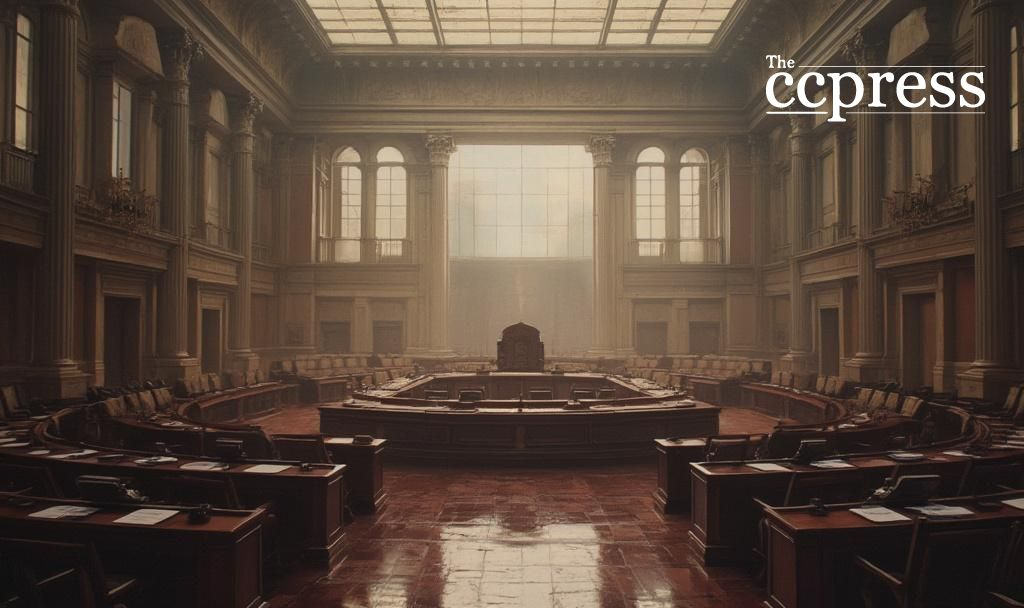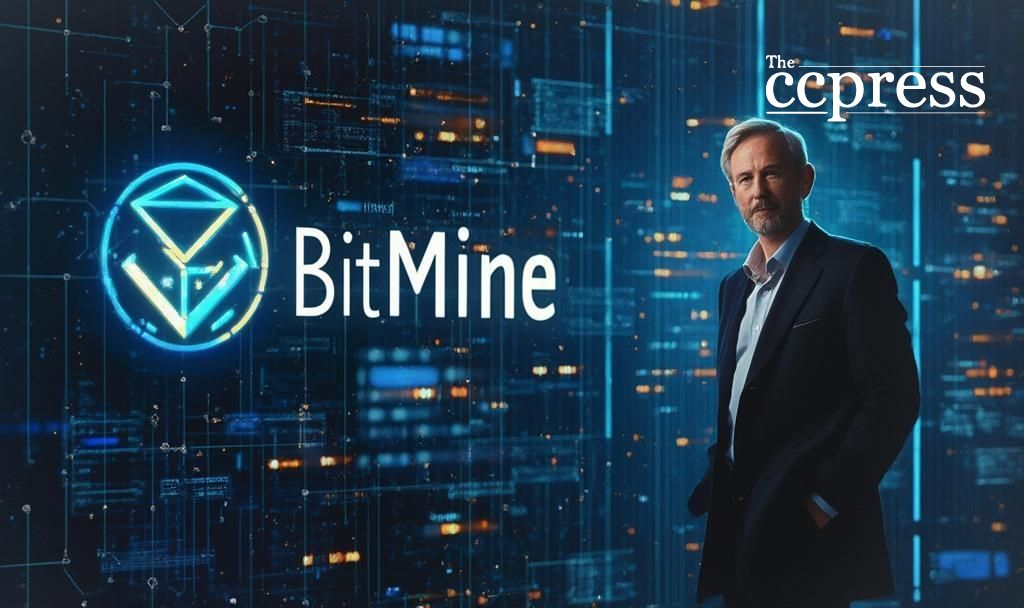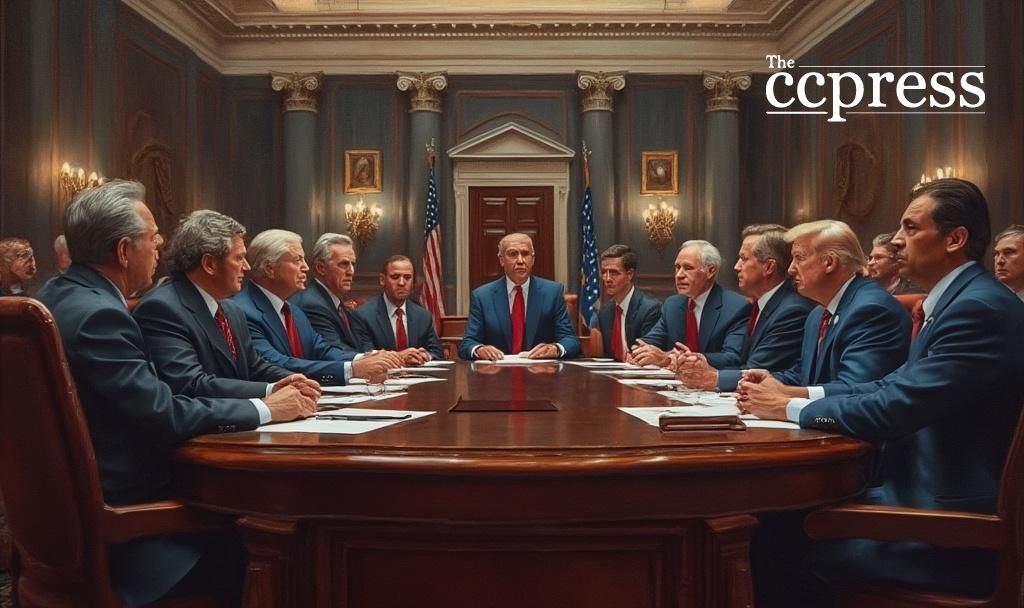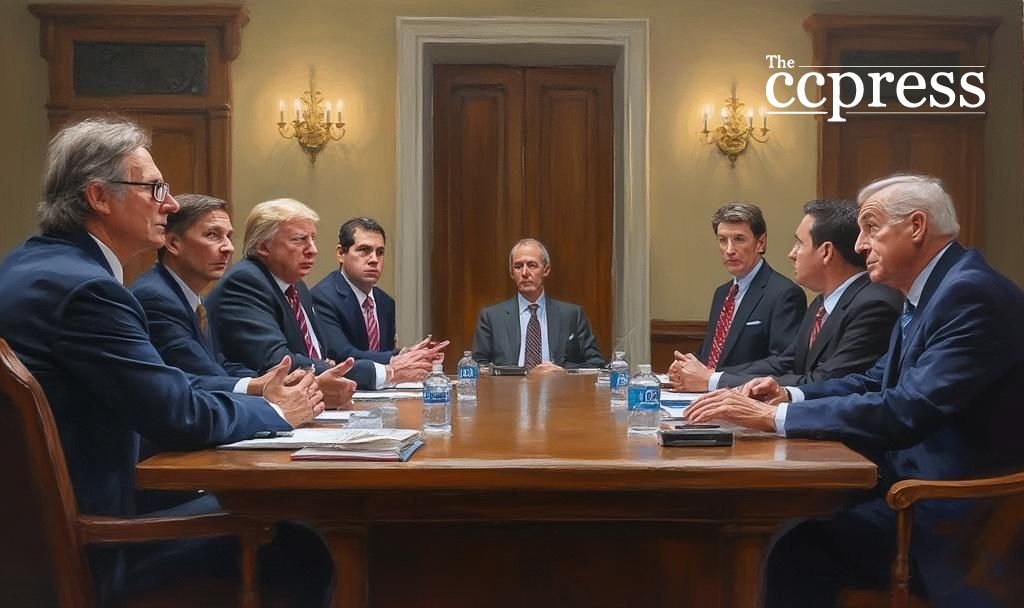- Main players: House Freedom Caucus, Rep. Greene, market impact.
- Stablecoin regulation remains contentious.
- Against central bank digital currency inclusion.

US House of Representatives canceled a vote on cryptocurrency bills today after encountering procedural challenges and opposition from within the Republican Party, primarily from the House Freedom Caucus.
Congressional Opposition and Market Impacts
The canceled vote was a result of significant opposition within the Republican Party, particularly from the House Freedom Caucus. They opposed the bill, citing the absence of a ban on central bank digital currencies. Rep. Marjorie Taylor Greene and Andy Harris were vocal regarding their disapproval. They emphasized the need for a complete rejection of central bank digital currencies and moved against the stablecoin legislation for its alignment with President Trump’s executive order.
Marjorie Taylor Greene, Representative (R-GA), “The stablecoin legislation does not reflect the President’s executive order… there should be a ban on central bank digital currency.” – The Block
Stablecoins could face regulation under the unloved legislation, which expects them to maintain full dollar backing. The bill included provisions like annual audits. USDT, USDC, and other similar stablecoins would be subject to these guidelines. Ethereum and Bitcoin might also face market shifts due to prolonged legislative processes. If enacted, the GENIUS Act could alter the stablecoin landscape by imposing stringent new rules.
Market reactions to the canceled vote were initially volatile. Stablecoin issuers are bracing for the long-term regulatory uncertainty. Other large-cap cryptocurrencies watched closely, with many seeking clarity on potential impacts. The absence of votes came with warnings about delayed regulatory progress in cryptocurrency markets. The Clarity Act, another bill under consideration, seeks to address broader crypto market structures, affecting DeFi and other protocols.
This withdrawal raises financial and regulatory concerns, with stakeholders anticipating the bill’s potential passage. Historical US legislative delays, such as those around the Infrastructure Bill’s crypto provisions, suggest the possibility of short-term volatility for assets. Delays like these have previously influenced market confidence and financial strategies.
| Disclaimer: The content on The CCPress is provided for informational purposes only and should not be considered financial or investment advice. Cryptocurrency investments carry inherent risks. Please consult a qualified financial advisor before making any investment decisions. |






























